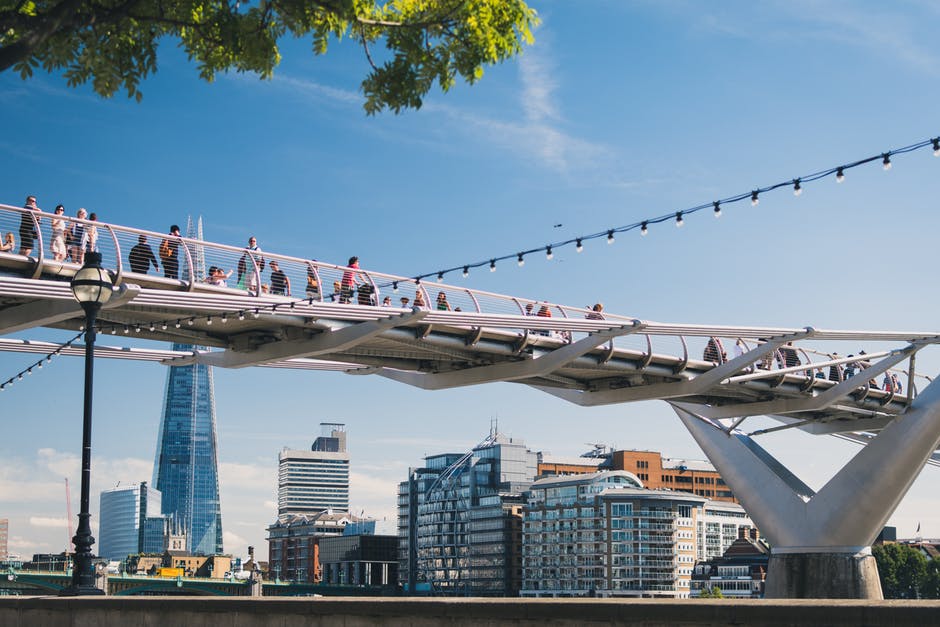Haris Ahmed of Chicago: Adapting to Environmental Change
Haris Ahmed, a Chicago consultant, has worked with organizations from various industries, both private and public, for-profit and non-profit.
When it comes to change, the first few changes that usually come to mind among business leaders are in the realm of technological advances and consumer preferences, or market trends so to speak, but one type of change that can greatly affect or impact entire businesses is the environmental kind.
If you think that your business is safe from the dire climate changes that are happening as we speak, because you’re in e-commerce, for example, know that no business is completely immune from feeling the effects of environmental changes. Think of it like a tipping domino that can trigger a chain of events; one day you may just find that the rug has been pulled from under your feet. Without a sound plan, your business will certainly have a hard time adapting, which is why now is a good time as any to think about how these environmental changes can affect your business in the first place.
Why is it that all businesses are vulnerable to environmental changes? For one, these changes in the environment can bring about price and regulatory risks, among others. Without being overly simplistic, recall that businesses are subject to the laws of supply and demand. In developed countries, there is a real clamor for factories and businesses to reduce their carbon footprint. Thus, the government may have no choice but to step in and enforce stricter regulatory measures. For businesses, this may mean they would have to invest in greener technologies, reduce production output, or completely halt operations in extreme cases as a reaction. As for price risks, environmental changes can make it harder for businesses to harvest raw materials, for instance. There could also be a severe lack of raw materials occurring, which will can lead prices to go up higher. From there, businesses will be left to their own devices, finding ways to cope and keep their heads above the water.
Generally, environmental changes are troubling in the sense that there is often little that businesses can do to influence the outcome. Most of the time, it’s the environment that’s calling the shots and man can only be reactive to that. This doesn’t mean, however, that businesses should just give up and deal with the punches that come their way. It’s one thing to resign to fatalism and another to be realistically be open to change that’s out of your control.
So where does this leave businesses? For managers, entrepreneurs, or any other professional in a position of leadership, it’s critical to forecast different possible scenarios that can unfold and to plan around them. Just keep in mind that mitigating risk brought about by the environment may call for collaboration with others professionals or experts who are more knowledgeable about the climate situation where your business is, unless you yourself have a deep background in environmental science. In the end, acknowledging your business’ vulnerability to the environment is a good first step in learning how to adapt capably.
For more from Haris Ahmed, a Chicago consultant and leadership expert, stay tuned to this page.

